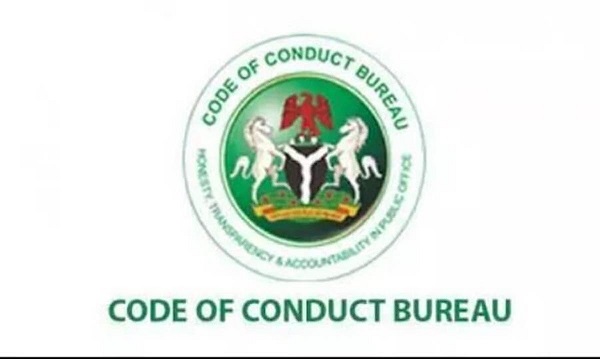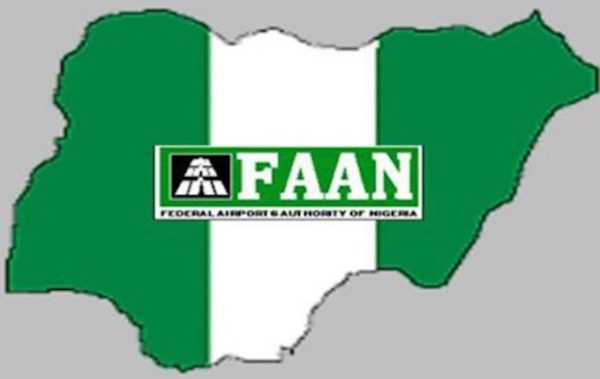Nigeria’s asset declaration system, which is domiciled within the Code of Conduct Bureau (CCB), is currently operated manually despite the obvious advantages of an online asset declaration system.
Considering the fact that Nigerian public officials are bound by law to declare their assets and estimated to be around N5million, it will be herculean for the CCB to successfully house and manage hardcopies of their declarations. Manual asset declaration places logistic and transportation burden on the declarant who will have to travel from wherever he/she lives to the office of the CCB. If all targeted public officials declare their assets regularly in one decade, the CCB will need numerous warehouses to be able to store the hardcopies of the declarations.
However, an online asset declaration system will eliminate the need for physical spaces/storerooms to house the declarations. It will save the declarant logistic and transportation costs. It will also simplify the process such that declarants can make their declarations from the comfort of their homes/offices. It will also promote transparency and accountability by making the declarations publicly accessible. An online asset declaration system will promote quality control of the declaration process by raising red flags in columns where the filled data have inconsistencies. It may be impossible for the declarant to submit the asset declaration forms unless such inconsistencies are sorted out.
Nigeria should embrace the global best practice of transitioning its asset declaration from manual to online system.
Fortunately, the asset declaration mandate of the CCB is a constitutional provision as enshrined in the Third Schedule Part 1 (Paragraph 3) of the 1999 Constitution of the Federal Republic of Nigeria. Also, Section 15 (1) of the Code of Conduct Bureau and Tribunal Act empowers the bureau to receive the declarations “in such form as the bureau may from time to time specify.”
Legally, the coast is clear for Nigeria to transit to an online asset declaration system.
For the transition to an online asset declaration system to be a reality, the Code of Conduct Bureau must enter into a Memorandum of Understanding with other agencies of government which collaboration is needed to fully activate all the components of an online asset declaration system.
The Code of Conduct Bureau should prepare a bill on public access to declared assets while taking into consideration the need to protect the privacy of declarants (where necessary).
The National Assembly has a role to play. It should support the Code of Conduct Bureau through improved funding in subsequent federal budgets and judicious oversight in order to engender value for money.
The National Assembly should also consider amending the constitution in order to make the funding of the Code of Conduct Bureau a statutory transfer. This will give the bureau access to the amount of funds that are needed to transit to an online asset declaration system.
The civil society and media also have roles to play. They should engage in massive advocacy for the Code of Conduct Bureau to adopt the online asset declaration system.
 MMS PLUS NG – Maritime, Aviation, Business, Oil and Gas News Online Newspaper with coverage in Maritime, Oil and Gas, Aviation, Power and Energy as well as Financial News
MMS PLUS NG – Maritime, Aviation, Business, Oil and Gas News Online Newspaper with coverage in Maritime, Oil and Gas, Aviation, Power and Energy as well as Financial News










